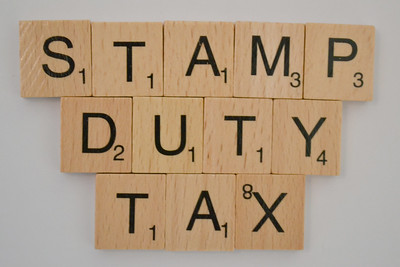
Coronavirus: An update on evictions and re-possessions
Coronavirus: An update on evictions and re-possessions
During the pandemic, the Government put certain restrictions in place to prevent evictions and possessions of properties. Hence, protecting tenants who may struggle to pay bills during lockdown. The Court, however, are now starting to handle these cases and new procedures have been in place for when a landlord choses to evict a tenant. If you are a landlord, there are numerous rules and regulations you should have in mind.
The Coronavirus Act 2020 has more recently been amended by The Coronavirus Act 2020 (Tenancies: Protection from Eviction) (Amendment) Regulations 2020 and means the eviction ban ended on the 20th September 2020. However, the rules have significantly changed:
- Prior to 26th March 2020, a Landlord was only required to give 2 months’ notice when serving a S21 Notice;
- Any notices served on tenants between 26th March 2020 and 29th August 2020 required at least 3 months’ notice to given;
- Now, since 29th August 2020, landlords must give 6 months’ notice under S21 to terminate an Assured Shorthold Tenancy – a restriction which is now in place until 31st March 2021.
Help for Tenants
In light of the above, there are numerous ways that landlords can or will act illegally when seeking to evict tenants or when seeking to implement a rent increase. If you are a tenant and want to understand your rights in more detail, do not hesitate to contact someone in our litigation team. If you feel you have been treated illegally by your landlord, we would recommend the following:-
- Speak to your landlord as soon as possible. They may arrange a rent repayment plan if you are struggling or in arrears. Your landlord may be willing to not evict you and allow you to pay less rent.
- Gather all evidence, including rent paid and when – communications with your landlord. If you or your income has been affected by Covid-19 make sure to flag it up as soon as possible.
- Double check that any notice given by your landlord is valid and the correct notice period has been given depending on the date you received. (See above).
Landlord
It is important that if you are a landlord, you are acting cautiously in terms of a notice period and providing a tenant with all the information required under a S21 notice. With the law changing rapidly, if you are ever unsure of what notice period you should be giving when evicting a tenant, you should seek independent legal advice.
If you are a landlord who requires advice on what to do next in relation to eviction proceedings, or a tenant who is facing eviction, please contact the GoodyBurrett Civil Litigation team on 01206 577676 or email [email protected]
If you would like any advice from our Family department
Contact GoodyBurrett on 01206 577676 or email [email protected]




